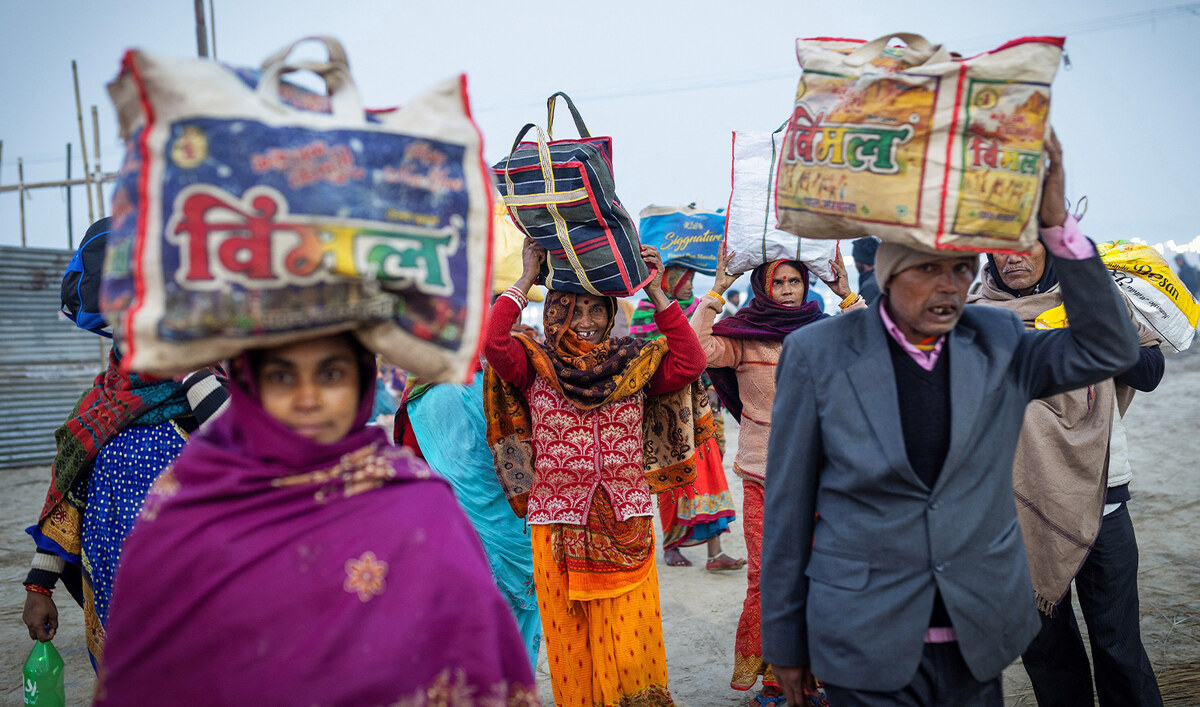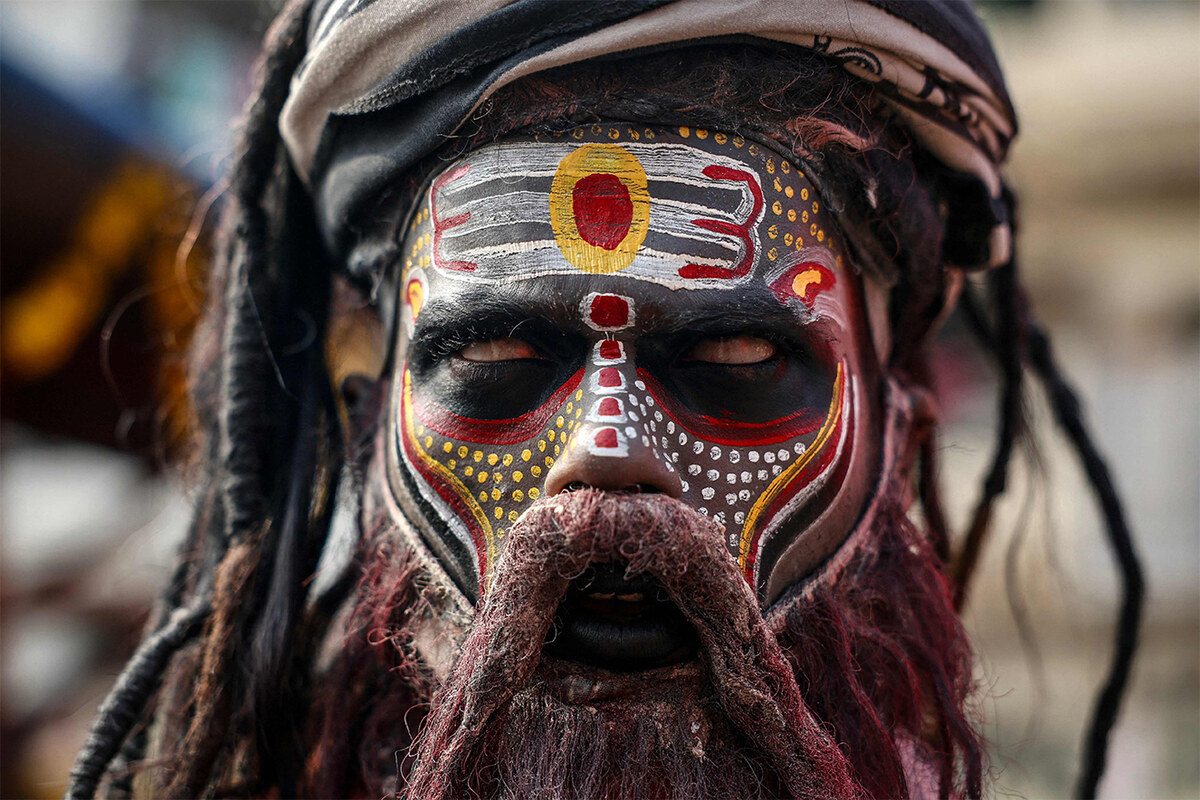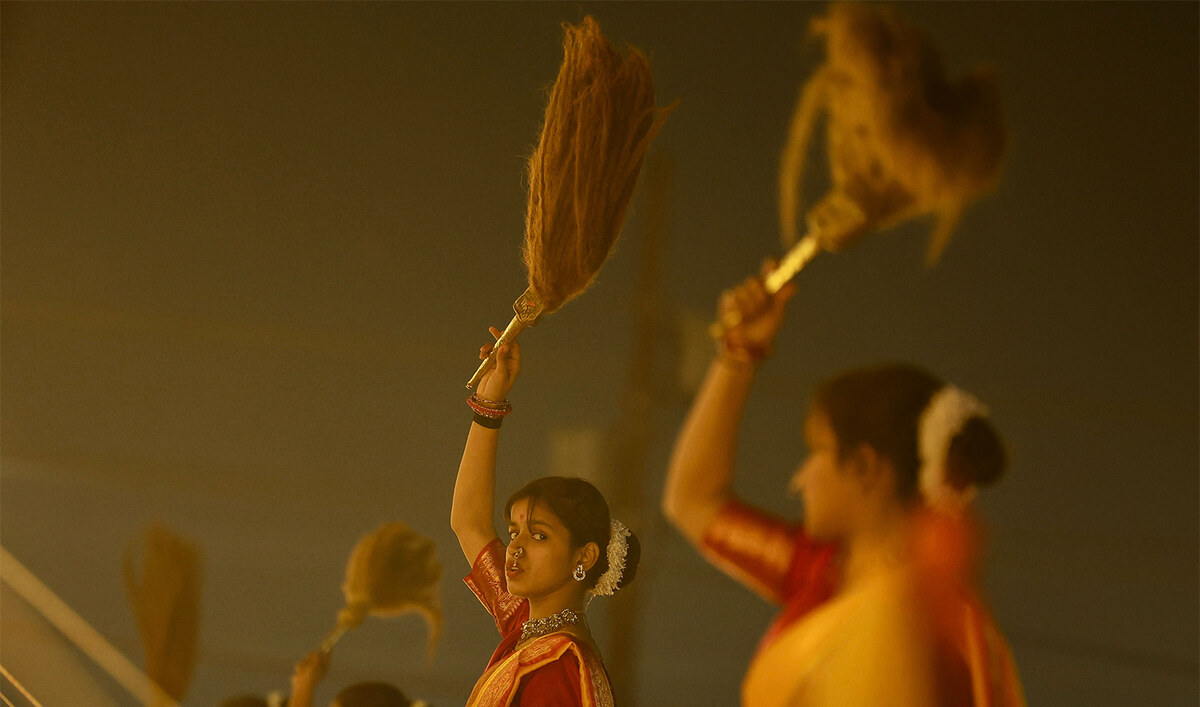COLOMBO: Sri Lankan civil society groups and activists are mobilizing to save more than 100 Rohingya refugees rescued off the Indian Ocean island nation last month following a government announcement that they will be deported.
A group of about 100 Rohingya refugees, which reportedly included over two dozen children, was rescued off the coast of the northeastern Mullaitivu district on Dec. 19.
Several protests were recently organized in Mullaitivu and the capital Colombo after Sri Lanka’s Minister of Public Security and Parliamentary Affairs Ananda Wijepala announced on Jan. 3 that the government was in talks with Myanmar authorities over the deportation of the Rohingya refugees.
“These are stateless people, they don’t have a home to go to,” social activist Thasneema Dahlan, who took part in a protest in Colombo on Friday, told Arab News.
“The Rohingya are massacred and chased and terrorized in their own home, and that is why they fled their own country looking for greener pastures elsewhere.”
The mostly Muslim Rohingya — the “world’s most persecuted minority,” according to the UN — have faced decades of oppression in Myanmar.
In 2017, more than 730,000 Rohingya from Rakhine State were forced to flee to neighboring Bangladesh to escape a brutal military crackdown that UN experts have referred to as a “genocidal campaign,” amid evidence of ethnic cleansing, mass rape, and killings.
As Rakhine became a focal point in Myanmar’s intensifying nationwide civil war, hundreds of Rohingya have been fleeing the country in recent weeks through dangerous sea crossings, often on rickety boats. Last year, more than 7,800 people made such attempts, according to the UN refugee agency — an 80 percent increase compared with 2023.
“Their objective wasn’t to get to Sri Lanka. Their objective was to get somewhere, anywhere where they could survive,” Dahlan said. “We are urging the government to … please not send them back, not repatriate them, not deport them, because that is just sending them back to death.”
Sri Lanka, which is not a signatory to the 1951 UN Refugee Convention and its 1967 protocol, is a transit point for refugees until the UNHCR helps them resettle in another country.
In 2022, its navy also rescued about 100 Rohingya refugees, who have been under the care of local NGOs as they await resettlement.
Sri Lankan activists have also filed petitions with the government, urging authorities to relocate the new group of refugees from the Keppapulavu Air Force base in Mullaitivu, where they have stayed since Dec. 23. According to protesters, aid agencies, including the UN, have been stopped from meeting the Rohingya.
“Sheltering the refugees under a militarized environment is incompatible with international humanitarian norms and basic human values,” the North-East Coordinating Committee, which organized the Mullaitivu protest on Thursday, said in a letter.
Ruki Fernando, a human rights activist based in Colombo, said the Rohingya refugees should be “kept in a place under civil administration,” not military.
“Many Sri Lankans have been refugees. We need to help others. It’s our legal obligation … under customary international law, non-refoulement is prohibited. It means no one fleeing a well-founded fear of persecution should be sent back,” Fernando told Arab News, referring to the hundreds of thousands of Sri Lankan Tamils who fled the country’s civil war between 1983 and 2009.
“We also have moral, ethical obligations to welcome, care and support those in distress. Our religious and spiritual values teach us this.”




























